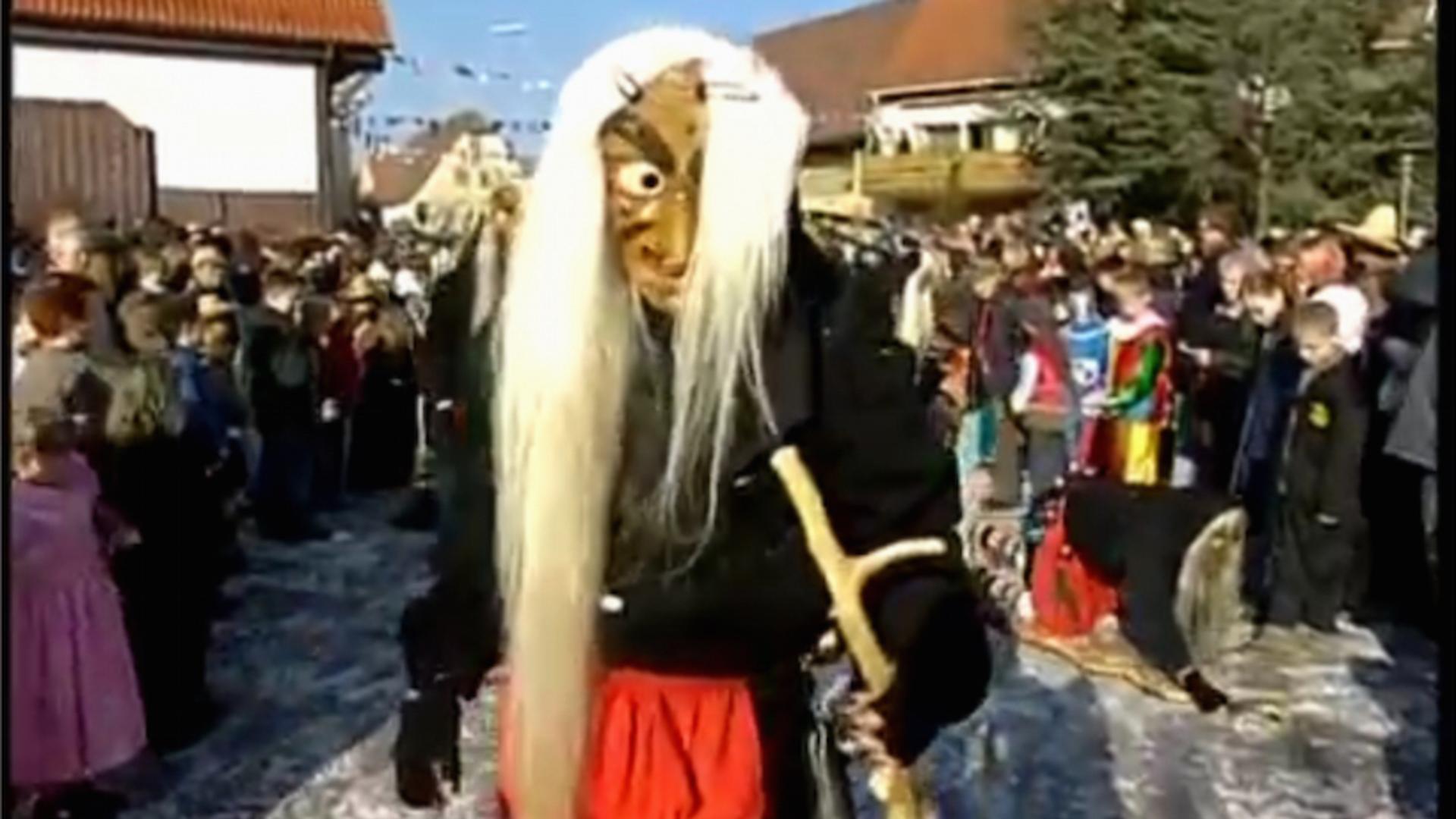October.
Dembe sits alone, lost in their thoughts on the shore of Lake Victoria. An unfinished poem runs through their mind - “a little green monster grows inside of me, it comes out to play when I wish to look like She. I want her hair, her eyes, her nose, her skin, her breasts - I want it, to be inside her skin.” It feels right, but the words seem foreign. Ojore, a long lost friend, stumbles upon Dembe walking home along a tree-lined path. He greets Dembe, it’s been a while, he has come home to visit his mother. Dembe sheepishly answers a few of Ojore’s questions when he decides to break the ice and show Dembe a photo of his South African boyfriend - “he’s good to me”. Dembe responds with silence while studying the picture. Ojore mistakes Dembe’s silence for shame and yells “You need to man up! Do you think people mess with me? No. People don’t care I am gay because I am a man.” His words cut deep. Dembe walks off. Ojore didn’t mean harm, he just wants Dembe to experience the same freedoms he has. He catches back up with Dembe and hands them an old South African post card “I found hope here”. Dembe and Ojore make their way back to Dembe’s home where they find Namazzi tending to her vegetable stand, she greets them “Ojore! Look at you! Such a strong young man, look at him, Dembe!” She ushers Dembe in to wash up and help her with dinner. Dembe abides. As they make their way inside, the poem sings through their mind “I want her intelligence, her speed, her heart, her soul.” Dembe feels a small slice of freedom, and thanks Ojore. A few hours pass, Dembe is writing, finally finding the right words to finish the poem “a little green monster grows inside of me, but promises to expire when I learn to smile at my reflection. While wearing the flesh of a man, a woman cannot be herself.” Dembe is content and focused as they write it all down. Namazzi interrupts, snapping Dembe with a towel “Poetry is not what a man does, Dembe. I need you to be a man for me and help!” Dembe responds, “I don’t want to be a man” Namazzi is tired of Dembe being so absent and lazy around the house “you are not a boy, but you are ‘not a man’, so what are you? Hmm?” With that, Namazzi strikes Dembe hard across the face and continues beating them until they fall to the floor. Namazzi leaves Dembe beaten and crying alone. Night falls and Dembe has composed themself - still sitting on the ground, their nose bloody and bruised. They look down, Ojore’s South Africa post card is laying on the ground at their feet. They reach for it. “I want her intelligence, her speed, her heart, her soul. I want it, to be just like her.” With that, Dembe slowly gets up, grabs a lantern, and walks out into the darkness.
Untitled Sequence of Gaps.
Composed of short vignettes in different techniques and materialities, UNTITLED SEQUENCE OF GAPS uses the form of an essay film to approach trauma-related memory loss via reflections on light outside the visible spectrum – on what is felt but never seen. Carefully shifting between planetary macro scales, physical phenomena and individual accounts of affective subject formation, the artist's voice considers violence and its workings, class and queerness not through representation but from within. The video’s montage is slow and rhythmic, yet also uneven. The flow of images is interrupted by gaps that hold no less significance than the imagery itself. Footage in which public visual memory stands in for personal remembrance exists alongside sequences recorded via infrared imaging and scenes captured under ultraviolet light or microwave radiation. While pondering the effects of the invisible and the power inherent in shifting violence beyond visibility, the piece simultaneously reflects upon the digital archives and technologies that help shape the contemporary human’s relation to past, present and future. The work tests the limits of vision and recordability, contemplating instances where a subject remains opaque to itself. Ghosts appear from holes ripped into time by an unremembered childhood, and a recently abolished witch-burning ritual in the artist's rural home town serves as a foil against which to question the politics of visibility.
